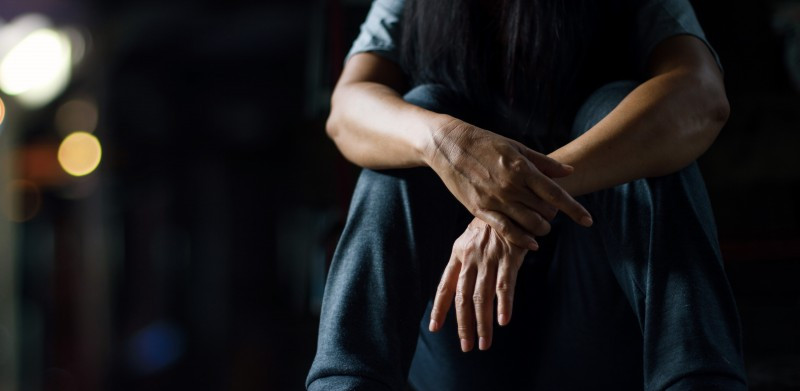When we hear references made to "post-traumatic stress syndrome" (PTSD), at least in America, we normally associate it with a condition experienced by soldiers returning from a combat zone in places such as Afghanistan or Iraq. But you don't have to be a soldier to suffer or have suffered from PTSD, a condition typically manifested in flashbacks, nightmares, and/or anxiety issues. It is fairly common for individuals who have experienced or witnessed a traumatic event such as physical or sexual assault, the unexpected death of a loved one or the destruction caused by a tornado, hurricane, or flood.
In many cases, PTSD can still be present in a person years after whatever it was that precipitated the mental and emotional affliction took place. The symptoms of PTSD can also include depression and insomnia, and treating them with medication doesn't always work. That is why natural remedies such as herbs and supplements can prove beneficial to relieving these sometimes-debilitating effects of PTSD.
Symptoms typically appear within three months of the event that triggered PTSD. They can be such that they interfere with a person's ability to properly function at home or in the workplace.
Supplements That Can Alleviate PTSD Symptoms
There are numerous over-the-counter supplements and herbs that have shown success, to varying degrees, or at least promise to provide relief to PTSD sufferers. Of course, before trying any of these substances, it is advisable that you first speak to a health-care professional, especially if you are already taking prescription medicines that could present problems if used in tandem with any of these products.
Ashwagandha: This herb has been used for centuries in traditional medical practices not usually seen in the western world and is quite suitable for treating PTSD and general anxiety. Taken regularly (but first discuss it with your physician), ashwagandha, is a reliable reducer of stress levels related to mental exhaustion and other disorders.
L-Arginine: One study involving war veterans with PTSD showed that increased incidence and severity of PTSD symptoms were accompanied by a deficiency of L-arginine in their systems. Such a lack also revealed a trend in the test subjects to experience negative emotions and some inflammatory characteristics.
Melatonin: This is a crucial hormone that helps regulate the sleep-wake cycle and has shown to be lacking in soldiers with PTSD. A separate study of humans in general demonstrated that the body's production of melatonin tends to drop in patients following a traumatic injury.
N-Acetylcysteine: Combat veterans afflicted with PTSD and with a history of drug abuse were part of a small study that showed how treatment with N-acetylcysteine improved the effectiveness of cognitive behavioral therapy relative to PTSD while also reducing substance cravings.
Passionflower: This is another herb often ingested as an ingredient added to tea, and it serves as a muscle relaxant that has shown success in treating tightened muscles associated with PTSD. Note, though, passionflower should not be taken in high doses long term.
Valerian root: An herb often used for the treatment of insomnia, valerian root extract - frequently consumed in an anxiety-reducing tea - is useful in reducing insomnia that accompanies the presence of PTSD.

